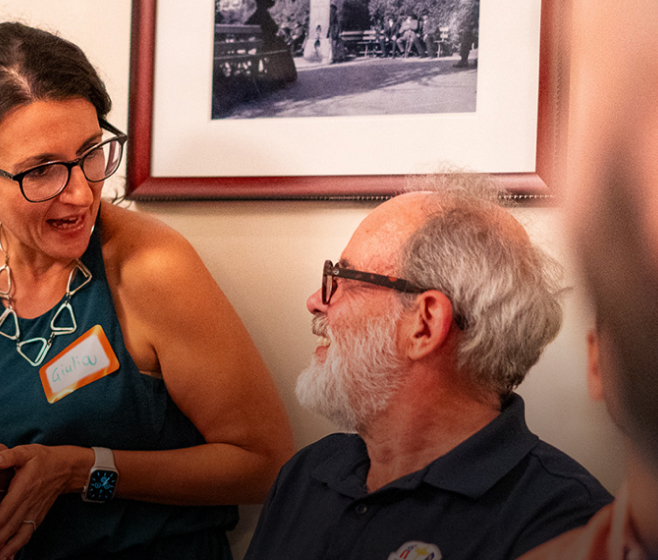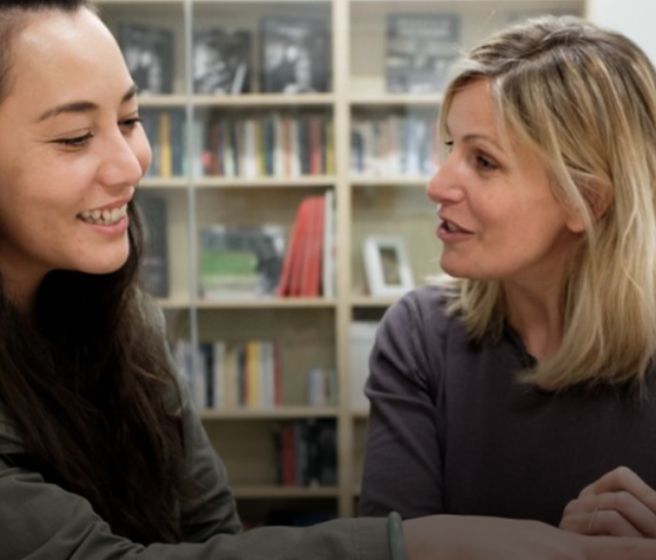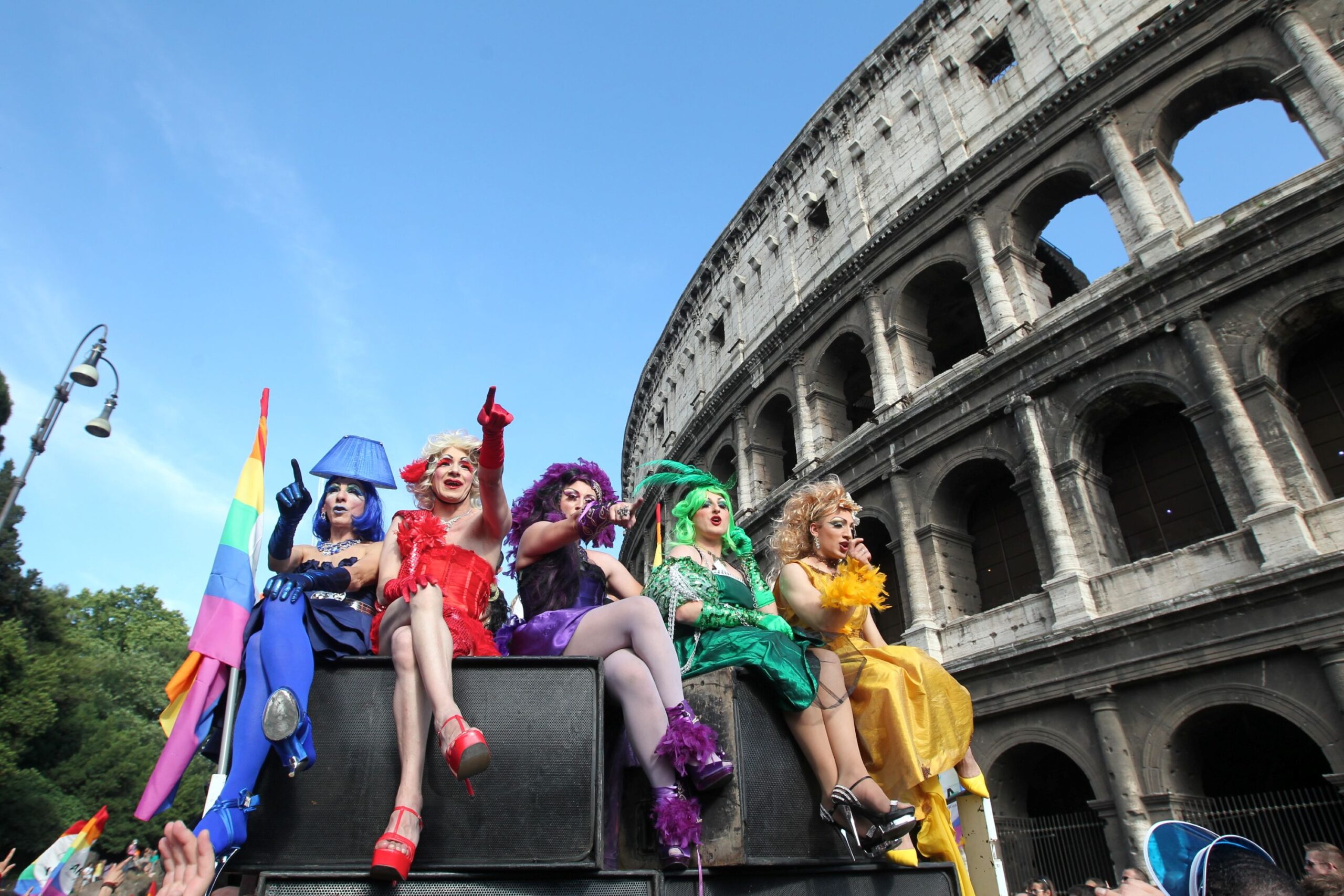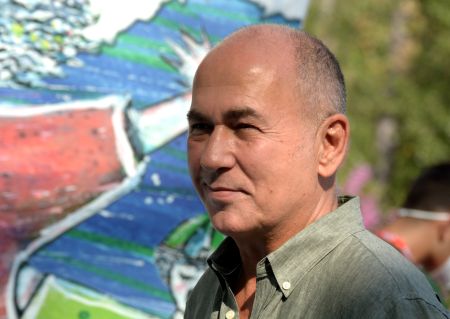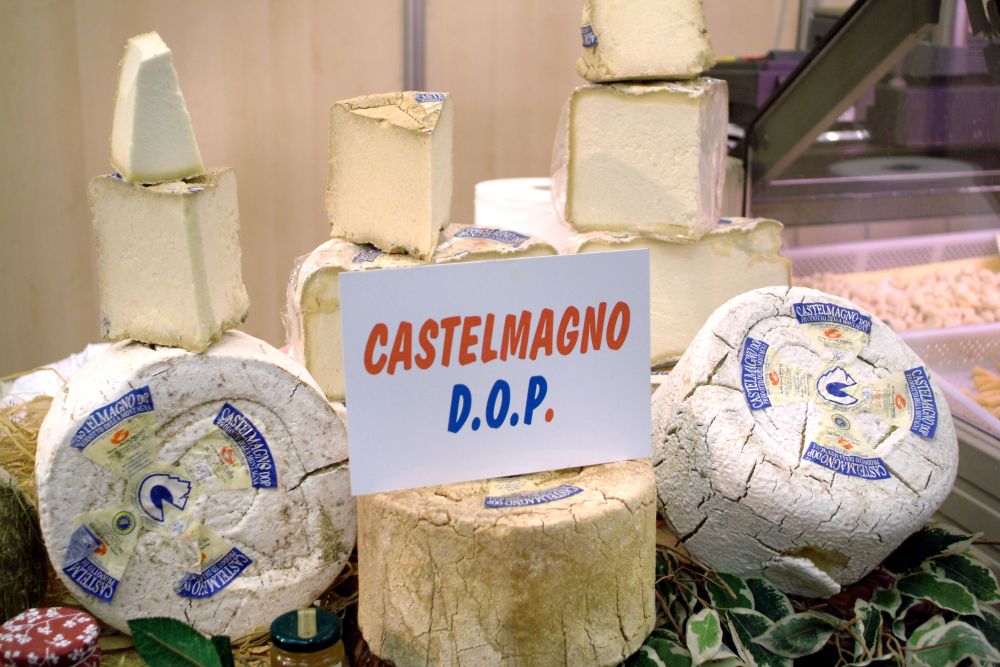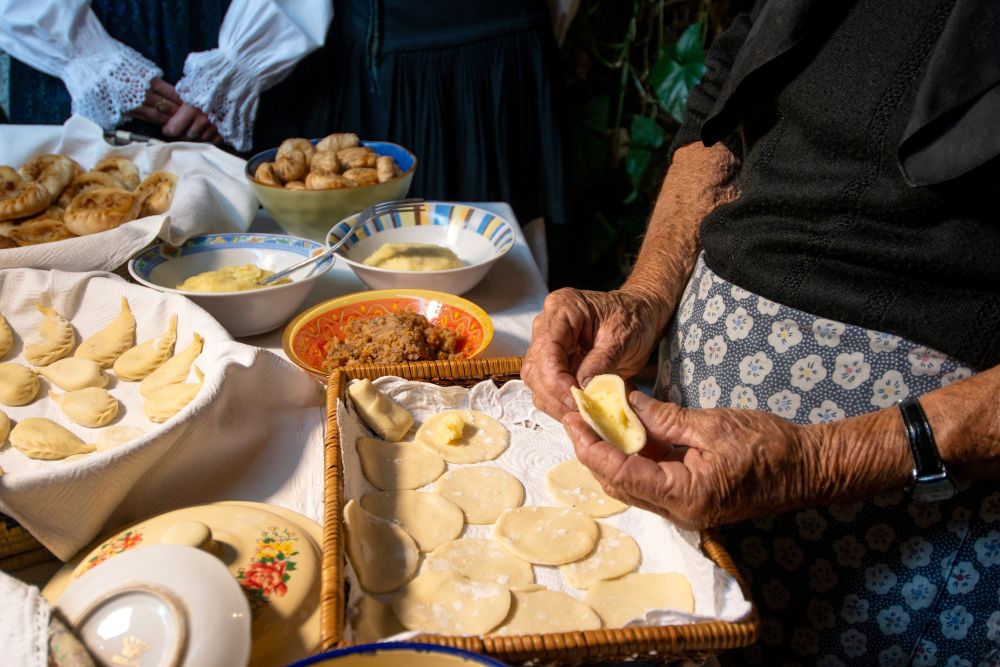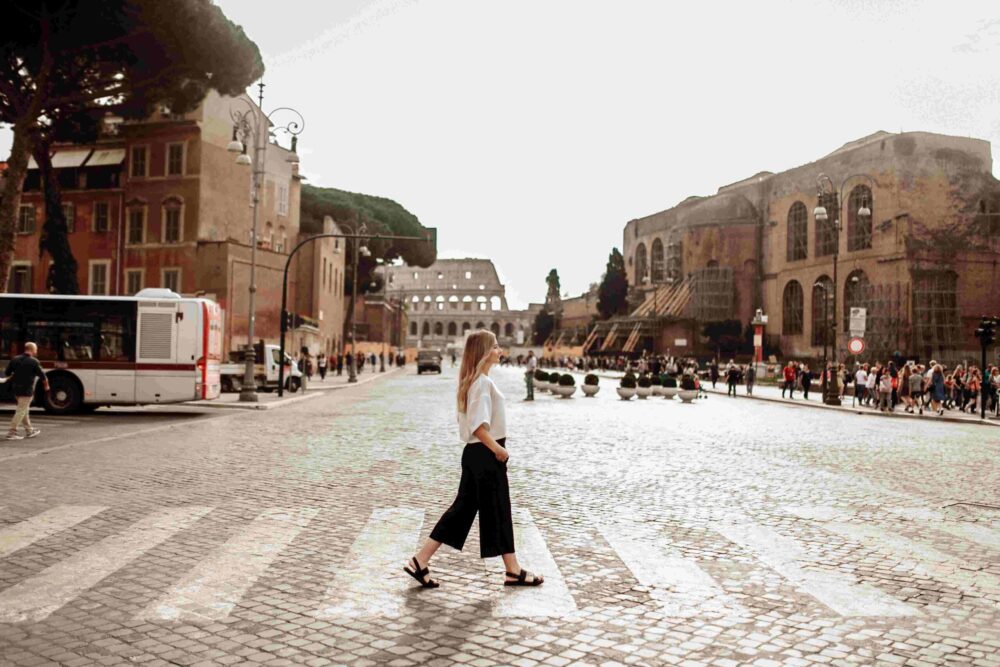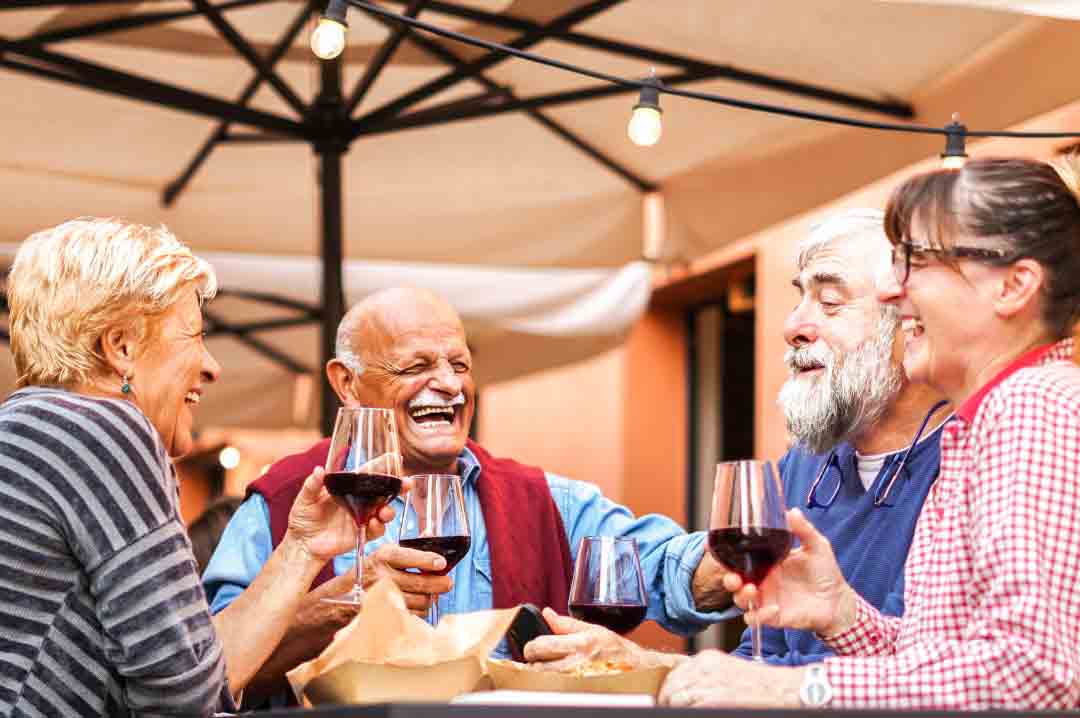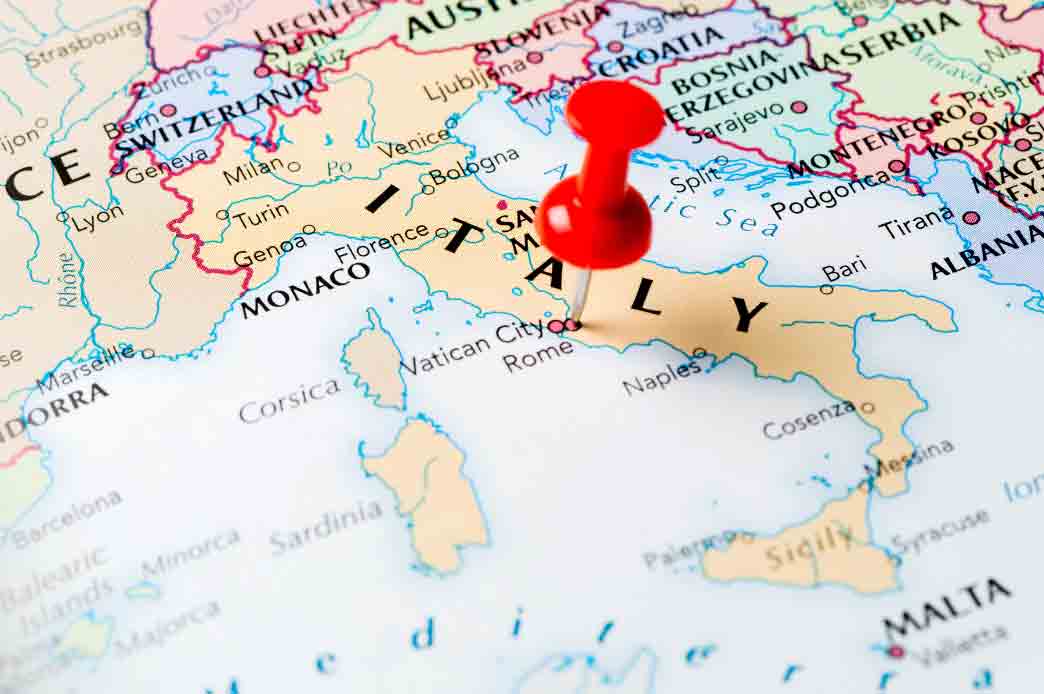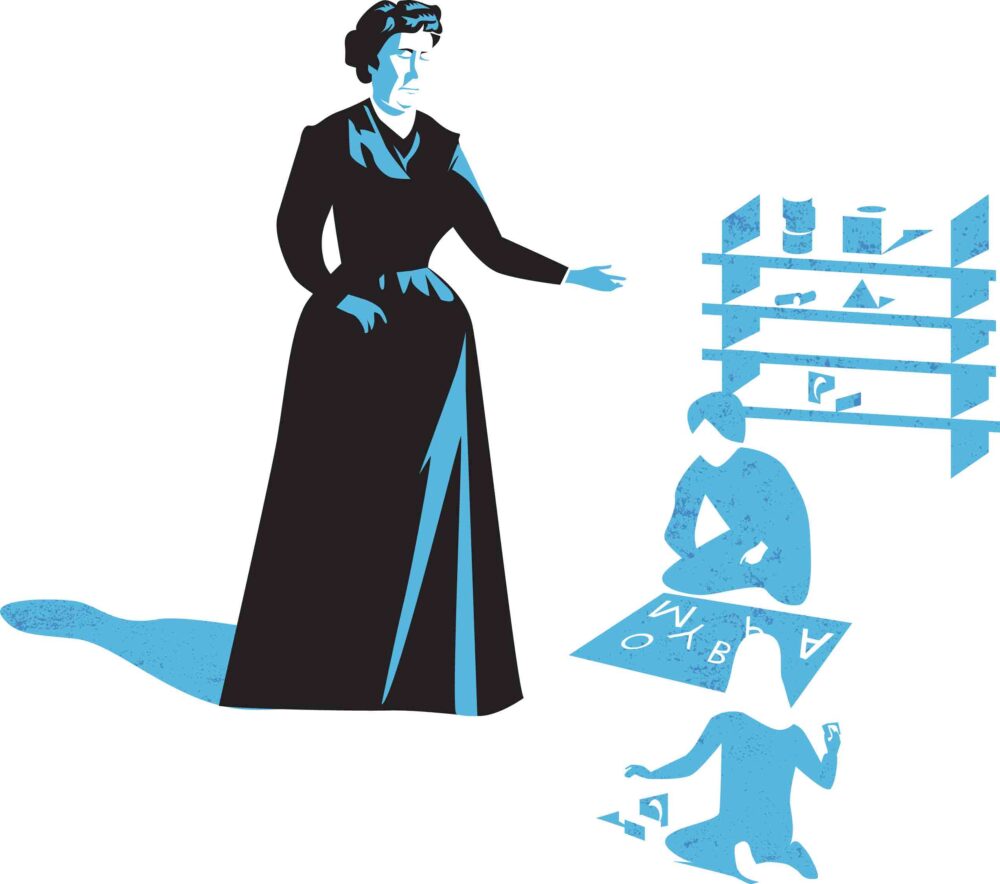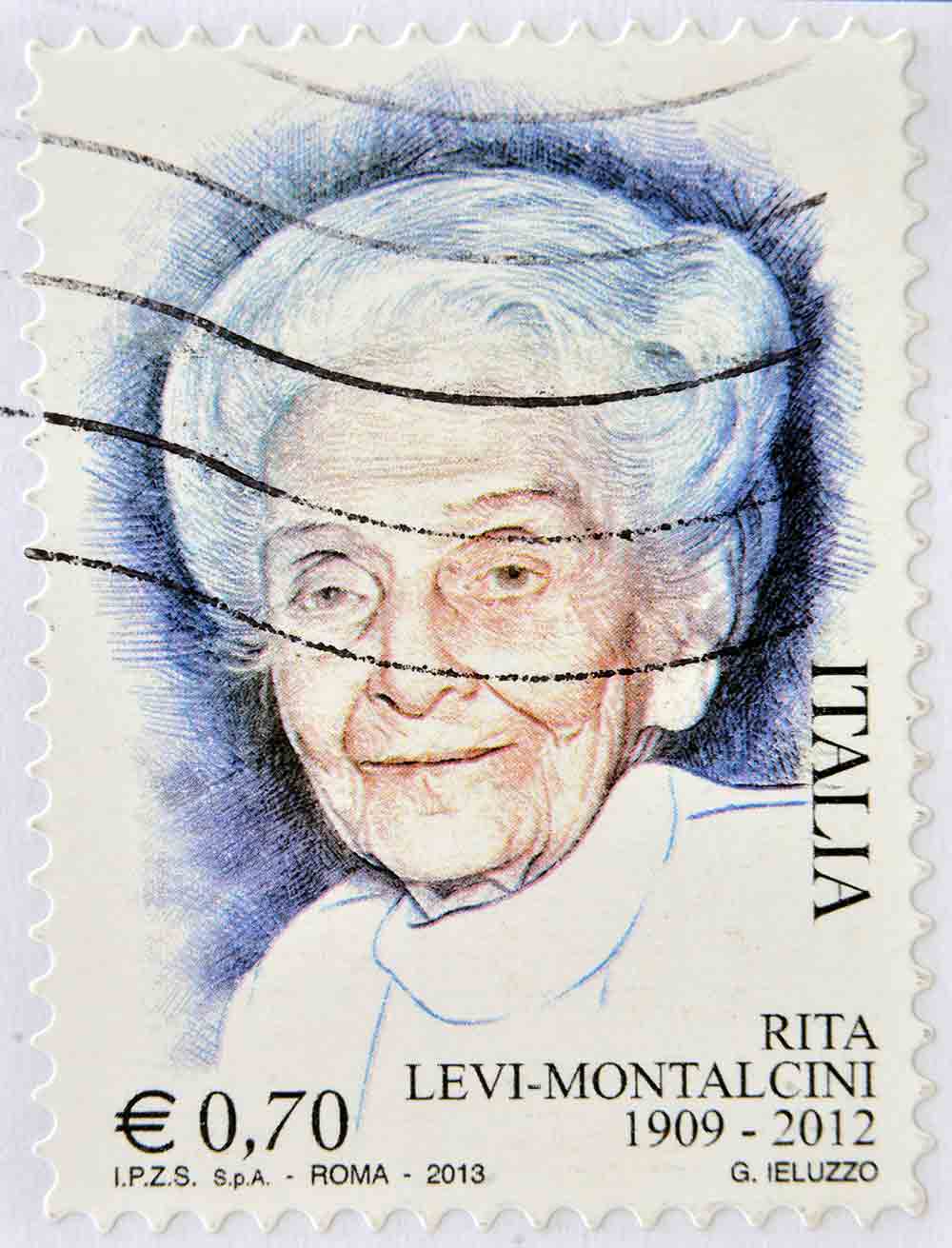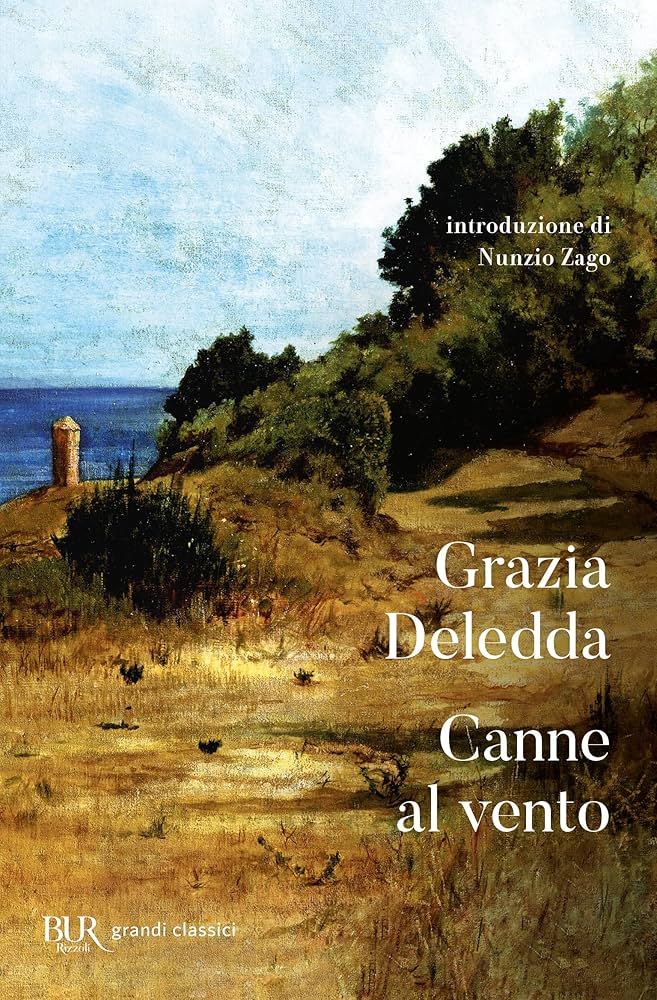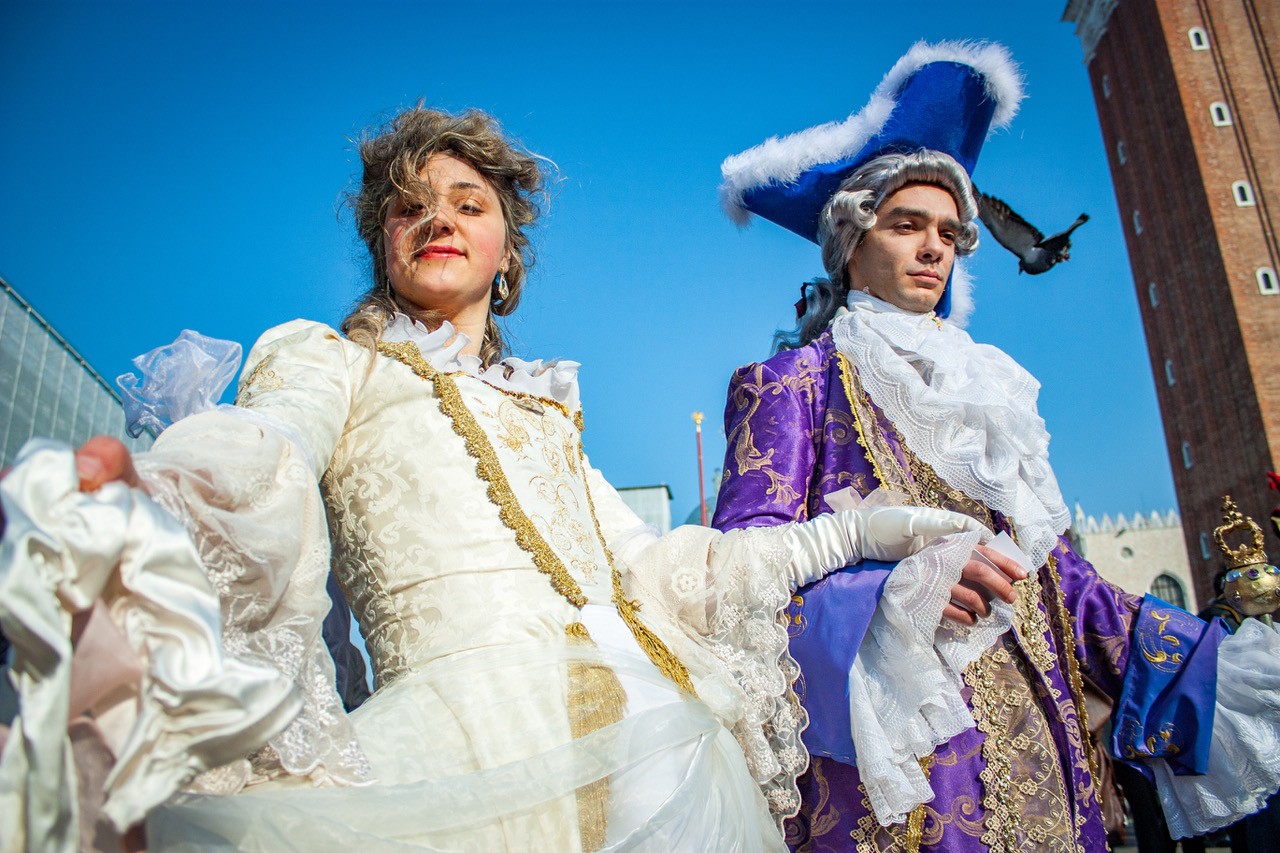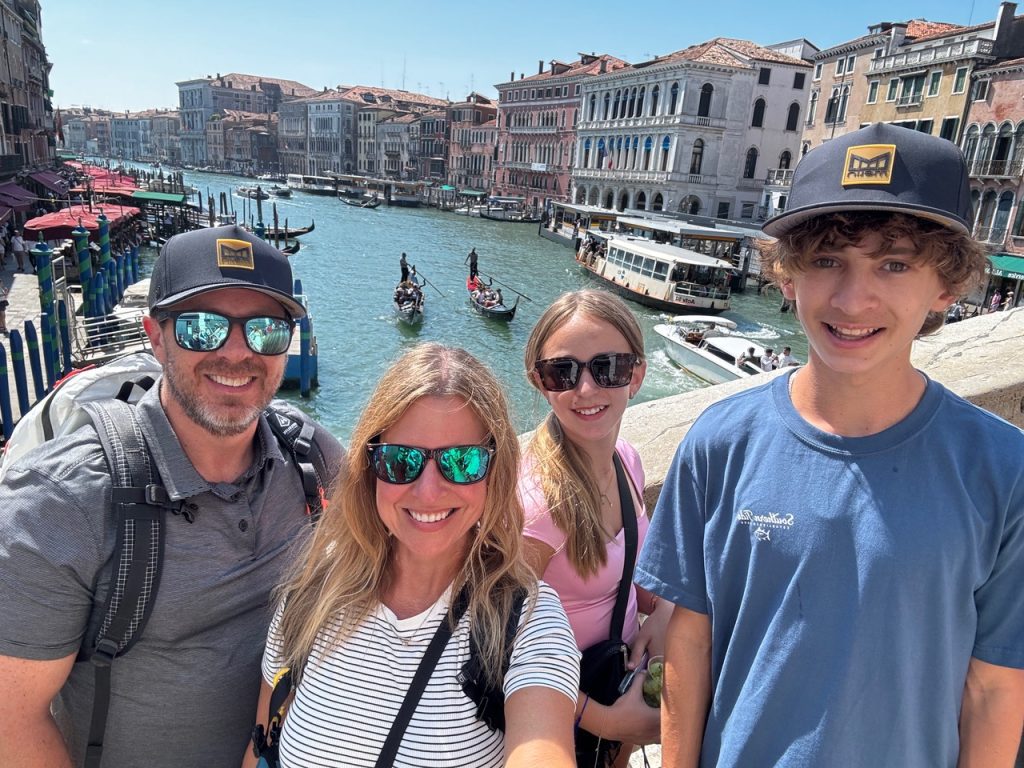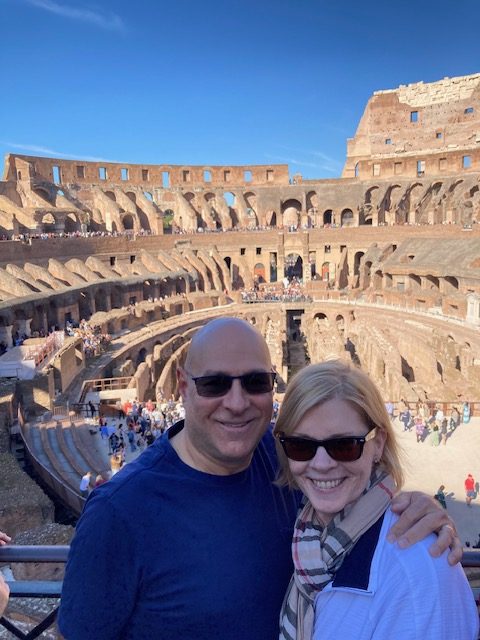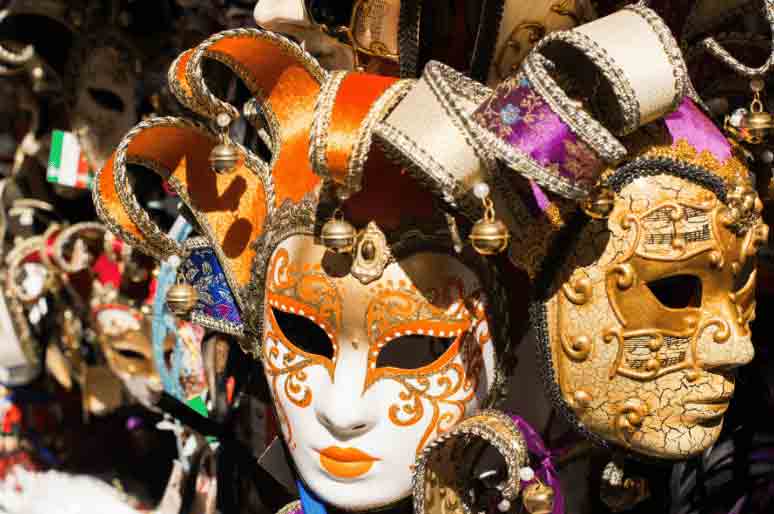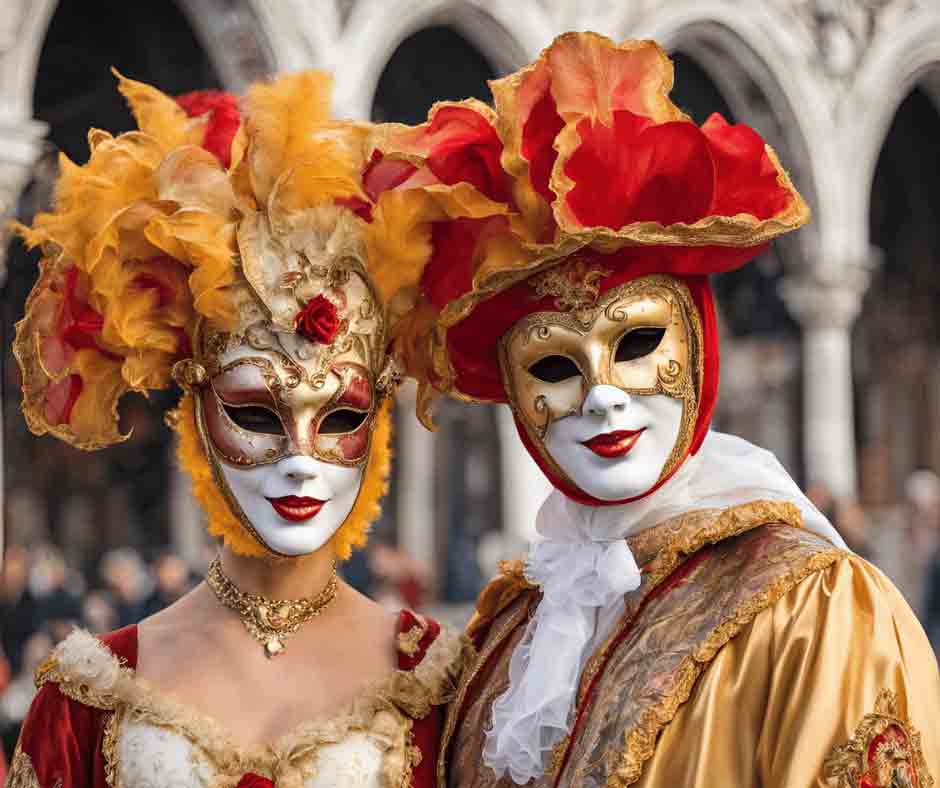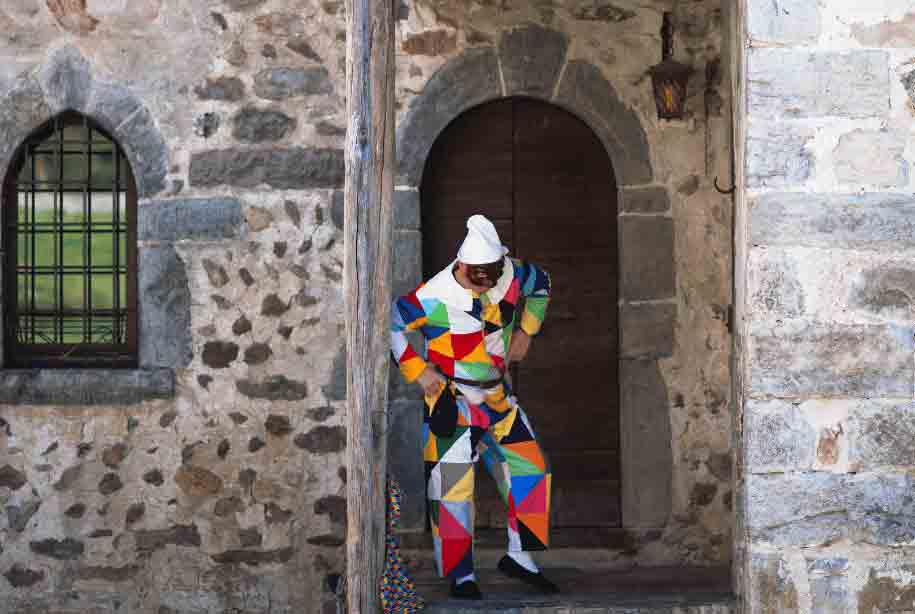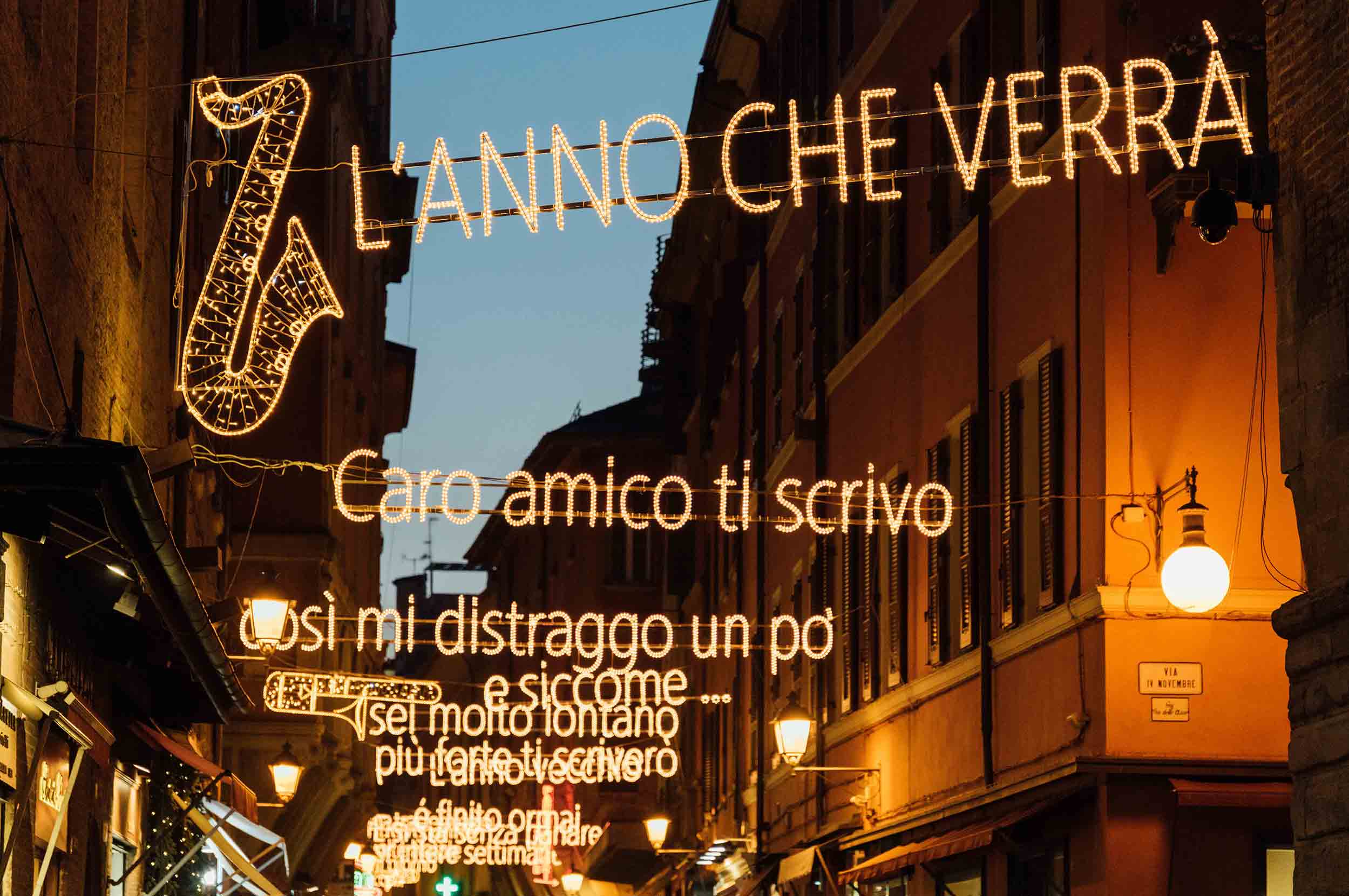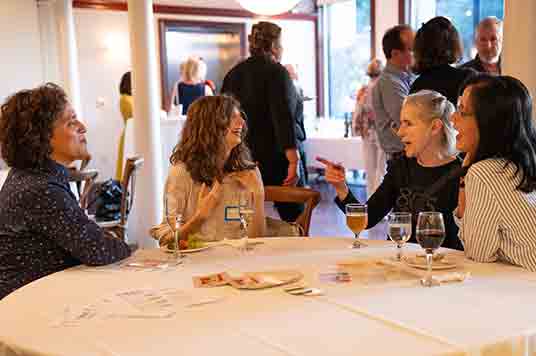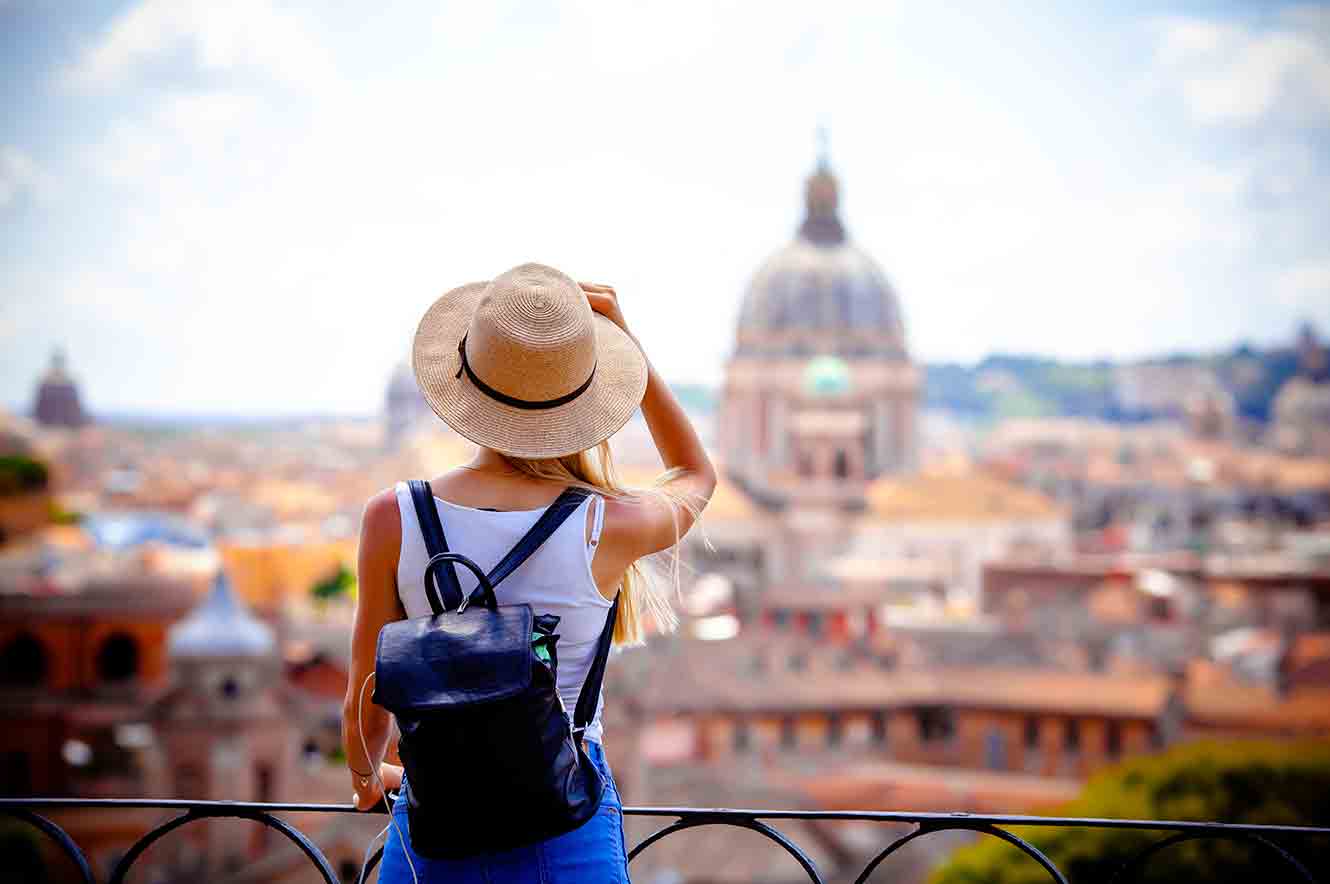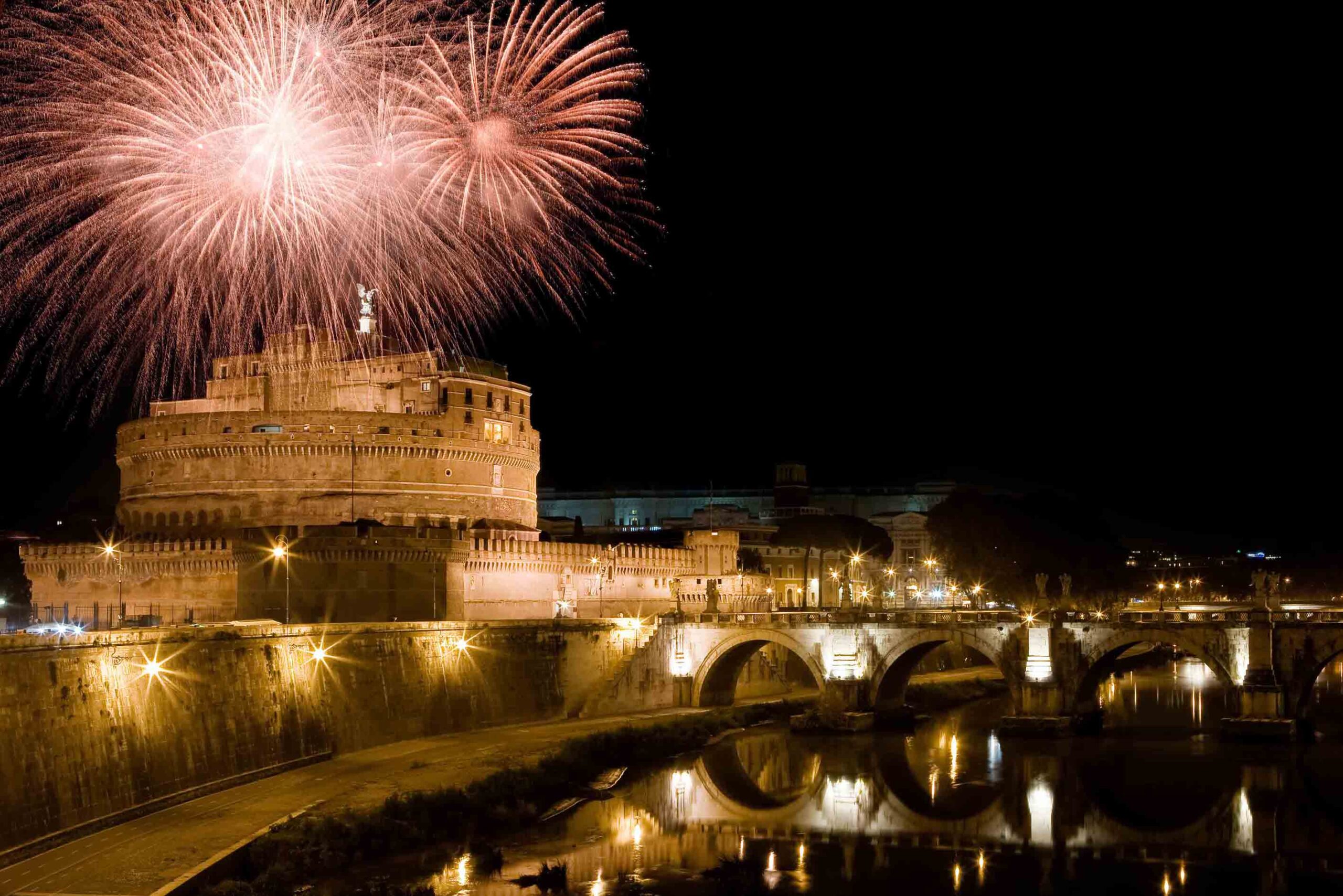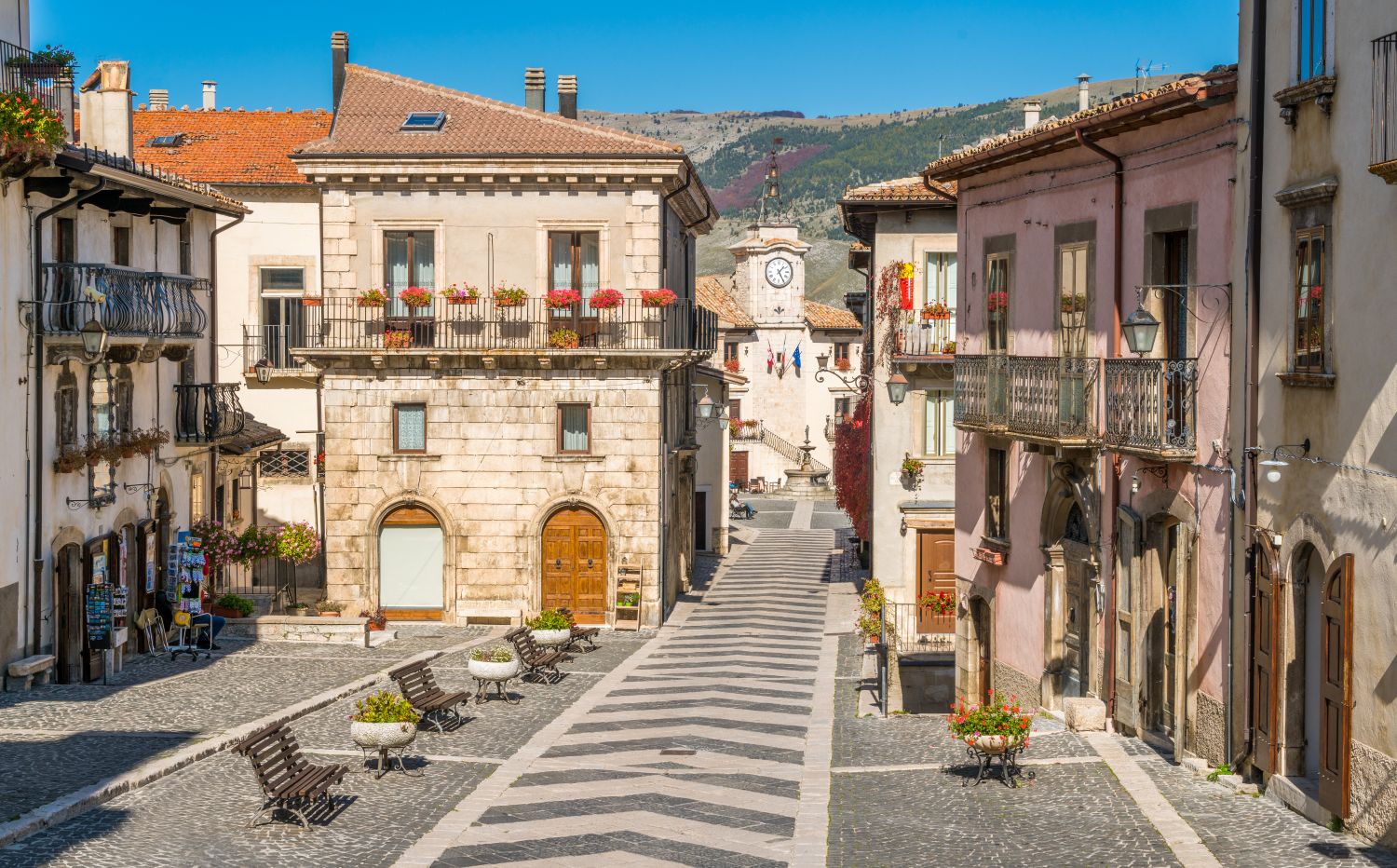
Hidden Italy: six enchanting villages beyond the tourist trail
from Abruzzo to Sardinia
There are six beautiful hidden villages in Italy where timeless traditions, culture, and authentic life flourish. Explore them with Istituto Italiano Scuola.
Uncovering the authentic heart of Italy
While millions of tourists flock to iconic cities like Rome, Florence, and Venice, the real soul of Italy often lives in its hidden corners—remote villages nestled in mountains, valleys, and coastal hills. These borghi (small towns) preserve centuries of history, artisan traditions, and slow living that can’t be experienced in crowded piazzas or souvenir shops.
At Istituto Italiano Scuola (IIS), we believe in learning Italian through cultural immersion. That means venturing beyond the guidebooks—into the villages where the Italian language, heritage, and rhythm of life feel most alive.
What are “i borghi più belli d’Italia”?
Founded in 2001, I Borghi più belli d’Italia (“The Most Beautiful Villages of Italy”) is an official designation awarded to small towns that:
- Have fewer than 15,000 residents
- Preserve historical and architectural integrity
- Reflect authentic regional culture
With over 300 certified villages, this initiative highlights the beauty of Italy’s diverse landscapes—from alpine hamlets to seaside ports.
1. Pescocostanzo, Abruzzo
High in the Abruzzo Apennines, Pescocostanzo looks like a Renaissance painting framed by mountains. Known for:
- Its elegant baroque churches and wide piazzas
- Active artisan traditions like tombolo lace, wrought ironwork, and wood carving
- A rich artistic legacy embodied in the Basilica di Santa Maria del Colle
In winter, the nearby Roccaraso ski area draws snow lovers, while summer brings wildflower hikes in Majella National Park. Pescocostanzo feels untouched by mass tourism, offering a genuine glimpse into mountain village life.
You can see a photo of Perscocostanzo as cover image of the article.
2. Spello, Umbria
Set on the slopes of Mount Subasio, Spello enchants with its blend of Roman history and blooming medieval alleys.
- Famous for the Infiorata festival, where residents create intricate flower petal carpets
- Roman gates like Porta Venere and Renaissance frescoes by Pinturicchio elevate its cultural significance
- Streets are lined with cascading flowers year-round, earning it high honors in Italy’s “Flowering Villages” contest
Don’t miss local specialties like strangozzi with black truffles and Umbrian olive oil, grown on hillside groves since Roman times.
3. Bosa, Sardinia
Unlike the glamor of Costa Smeralda, Bosa on Sardinia’s west coast offers authentic island life:
- Colorful houses reflect in the Temo River, the island’s only navigable waterway
- Family workshops preserve the arts of coral and filet lace embroidery
- Quiet beaches, ancient tanneries, and the hilltop Malaspina Castle complete the scene
Bosa is a place where tourism complements local life, not overtakes it.
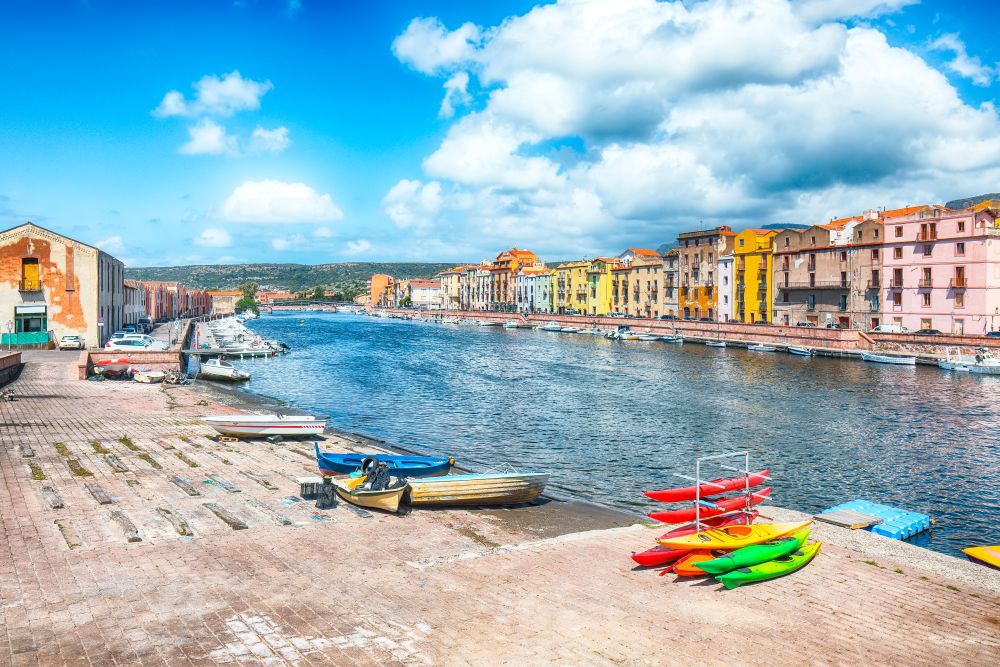
4. Castelmezzano, Basilicata
Nestled among the Lucanian Dolomites, Castelmezzano feels carved out of the cliffs:
- Houses blend with jagged peaks at 750 meters elevation
- Home to the thrilling Volo dell’Angelo zipline, connecting it with Pietrapertosa
- Preserves pagan-Christian festivals and traditional dishes like cavatelli with crispy peppers
The scenery alone is worth the journey, but it’s the enduring traditions that make Castelmezzano unforgettable.
5. Mezzano, Trentino
In the Dolomites near Austria, Mezzano redefines Alpine charm with a twist of artistic flair:
- Its Mezzano Romantica project transforms firewood stacks (cataste) into open-air art
- Underground utilities preserve its untouched mountain beauty
- Offers slow, seasonal experiences—from dairy farm visits to forest hikes
Mezzano is ideal for those seeking quiet, sustainable tourism rooted in community.
6. Gradara, Marche
Dominated by a double-walled medieval fortress, Gradara transports visitors to the pages of history:
- Famous for the doomed love story of Paolo and Francesca, from Dante’s Inferno
- Hosts historical reenactments and medieval markets year-round
- Serves local Marche specialties like passatelli pasta and Bianchello wine
Gradara blends romance, architecture, and living tradition—a window into the Middle Ages.
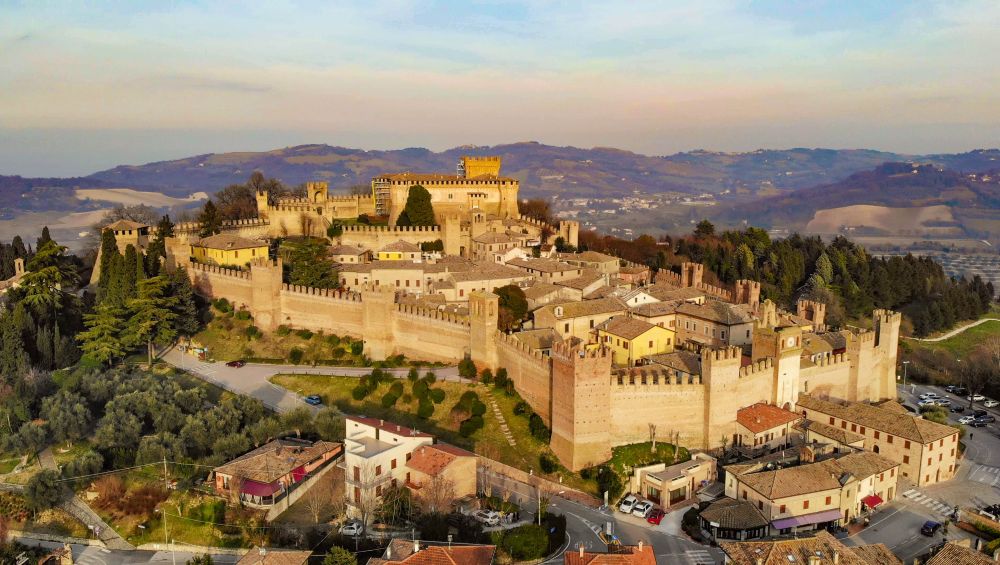
Experience the real Italy with Istituto Italiano Scuola
At Istituto Italiano Scuola, we go beyond grammar lessons. Our students engage with Italy’s full cultural landscape, including the regional dialects, traditions, and local life that thrive in hidden villages like these.
Through:
- Cultural workshops
- Cooking classes
- Presentations on regional traditions and festivals
…we bring the Italy of Pescocostanzo, Spello, and Castelmezzano into the classroom.
Let’s become travelers! Discover the Italy that whispers instead of shouts.
Enroll in our group classes, or if you are planning to travel to Italy and need some language tips, join our Italian for Travelers !
Il turista vede ciò che è venuto a vedere.”
“The traveler sees what he sees.
The tourist sees what he came to see.”
